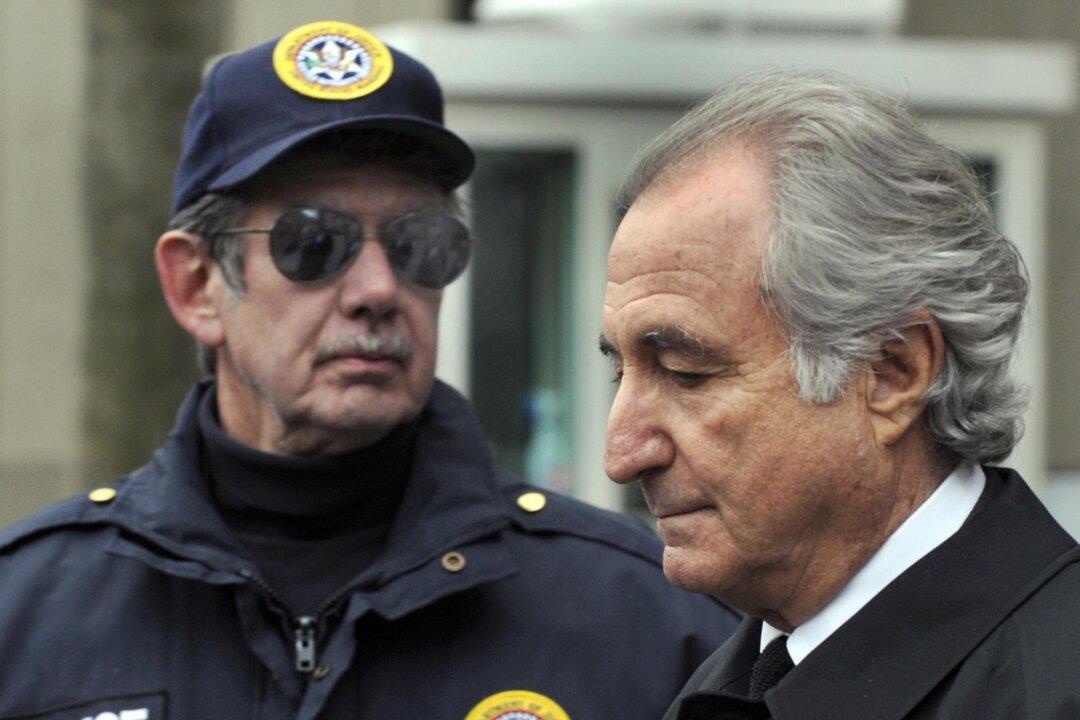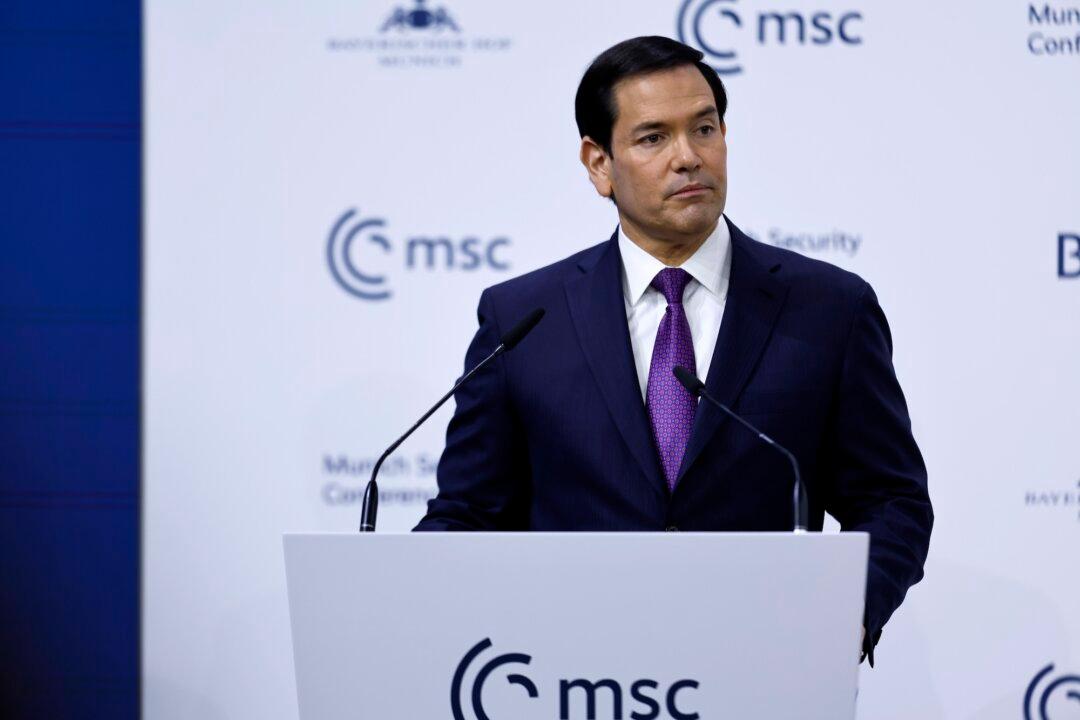People scammed out of their money by Ponzi scheme mastermind Bernie Madoff are set to receive a final payout of $131.4 million from a recovery fund run by the Justice Department, which said that the last compensation tranche brings the total recoveries to over $4.3 billion, or nearly 94 percent of the victims’ fraud losses.
The Department of Justice (DOJ) announced on Dec. 30 that it had begun its 10th and final distribution of compensation payments to more than 23,000 victims of Madoff’s securities fraud scheme.





